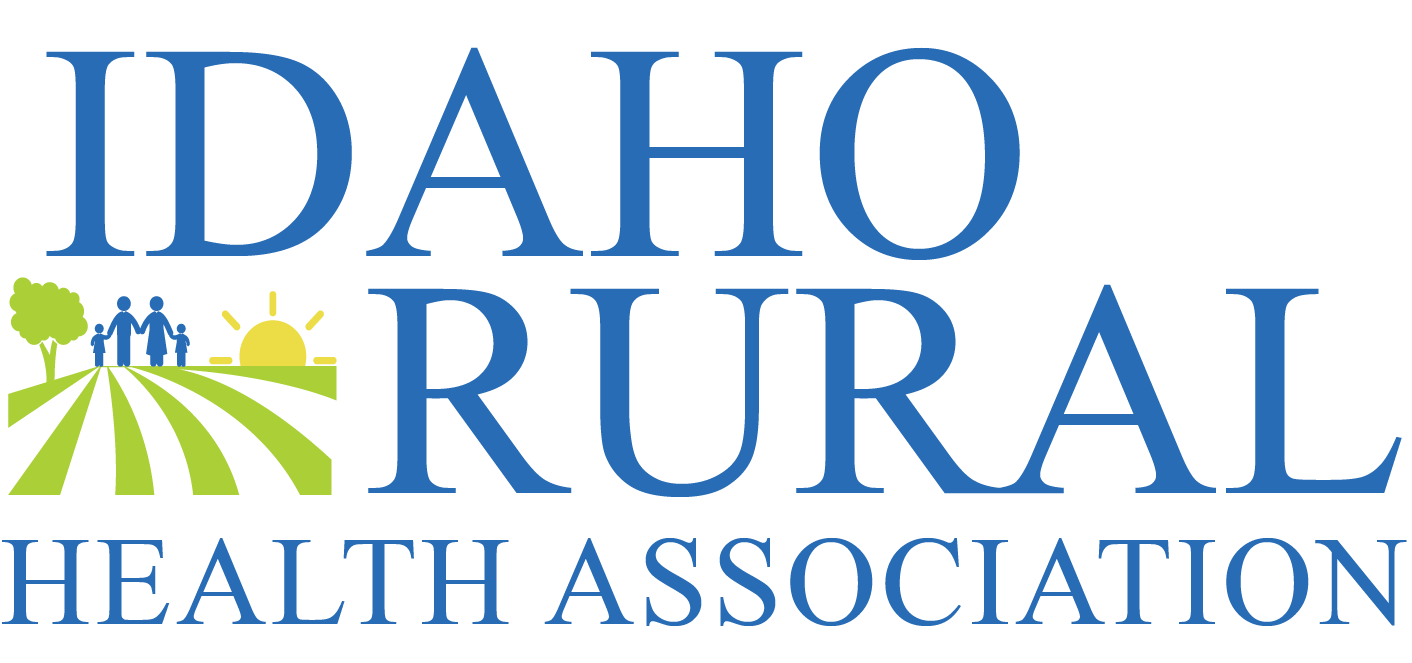- Home
- Collaboration
- Member Highlights
Member Highlights The Physician Assistant (PA) Program at Idaho State University awards the Master's of Physician Assistant Studies (MPAS) degree and a PA certificate upon successful completion of its 24 month graduate curriculum. Idaho State University Department of Physician Assistant Studies is the preferred educational destination for individuals who desire to be trained in a student-centered, service oriented environment. The program trains PAs using a modular and systems based curriculum that is delivered through telepresence technology across three campuses. The Master of Physician Assistant Studies program at ISU is distinguished by:
In 1995, the ISU PA program matriculated the first class of 19 students and graduated this class in 1997. Graduates received a Bachelor's of Science in Physician Assistant Studies degree. In 2004, the program graduated its first Master's level class, awarding the first ISU Master's of Physician Assistant Studies degree to 29 graduates. The program expanded to the Boise area in 2007. In 2009 the program moved to the ISU-Meridian Health Science Center. In 2013 the program entered into a partnership with The College of Idaho and opened a new location at the West Hall Center for PA Studies. Thirty-six seats are offered at the Meridian campus and 24 seats are offered at the Pocatello campus. The partnership with The College of Idaho located in Caldwell, Idaho, adds an additional 12 seats for a total class size of 72. The Southwest Idaho Area Health Education Center (SW ID AHEC) is part of a nation-wide system of programs created to improve the distribution, diversity, and supply of the primary healthcare workforce, with a special emphasis on meeting the needs of rural and underserved areas. The SW ID AHEC provides healthcare workforce development support in Ada, Adams, Boise, Canyon, Elmore, Gem, Owyhee, Payette, Valley and Washington Counties, where projects focus on:
SW ID AHEC is a program of Jannus, Inc., a multi-service non-profit organization located in Boise and is affiliated with University of Washington School of Medicine WWAMI AHEC Program. This project is/was supported by the Health Resources and Services Administration (HRSA) of the U.S. Department of Health and Human Services (HHS) under grant number U77HP03022, for the WWAMI Area Health Education (WWAMI AHEC) Program Office and its five regional Centers in the total amount of $639,012 for the 2018-19 fiscal year (with a 1:1 total match of $639,012 from non-federally funded governmental sources). This information or content and conclusions are those of the author and should not be construed as the official position or policy of, nor should any endorsements be inferred by HRSA, HHS or the U.S. Government. The Idaho Health Data Exchange (IHDE) Exchange is a secure, statewide, internet-based health information exchange with the goal of improving the quality and coordination of health care in Idaho. IHDE enables doctors, nurses, labs, and other medical providers to securely access their patients’ electronic health information from one source. Employing the most up to date technology, IHDE provides solutions that are constantly improving to meet our participant’s needs. IHDE is connected to over 250 clinics in Idaho, including St. Luke’s, Saint Alphonsus, Kootenai Health and several of the critical access hospitals in the state. IHDE is also connected to labs, home health, and hospice providers. Moving forward, IHDE will be expanding partnerships with mental and behavioral health clinics, as well as organizations addressing the social determinants of health. IHDE provides: 1. Electronic, Secure Access to Patient Data and Images – As clinical data is shared with Idaho Health Data Exchange, it is made available in real-time to participants and stakeholders through our Clinical Portal interface. Our Portal is available 24/7 - improving the speed, quality, safety and cost of patient care. 2. Direct Secure Messaging— Idaho Health Data Exchange participants can electronically exchange and manage encrypted, secure patient information to and from other providers with HIPAA-compliant Direct Messaging (Direct). Our participants can access Direct Messaging with or without an EMR/EHR system. Our platform is an effective and secure mechanism for use in the point-to-point exchange of sensitive, protected health information through a trusted network. 3. National Data Sharing— Idaho Health Data Exchange is part of a nation-wide effort to connect and exchange information across states and health systems to ensure the health and safety of patients throughout the U.S. As part of the Patient Centered Data Home, IHDE’s participants can view critical information about their patients from all over the nation. For more information on IHDE, please contact Prudence Vincent, Director of Customer Operations and Engagement at pvincent@idahohde.org. Idaho’s WWAMI Medical Education Program is a partnership with the University of Washington School of Medicine and the states of Washington, Wyoming, Alaska, Montana and Idaho. Started in 1971, WWAMI is currently in its 47th year of successfully educating Idaho’s physicians. The WWAMI program is nationally accredited through its partnership with the UW School of Medicine, allowing 40 Idaho medical students to complete their first and second year of medical training here in the Palouse. Idaho's medical students have the opportunity to complete their Clinical Phase and Explore & Focus Phase of medical education in Idaho, Seattle or across the 5-state WWAMI region. Read more…
The Idaho WWAMI program has an excellent rate of return with over 50 percent of its graduates returning to Idaho and many choosing a career in primary care medicine, locating their practices in the non-metropolitan areas. |

